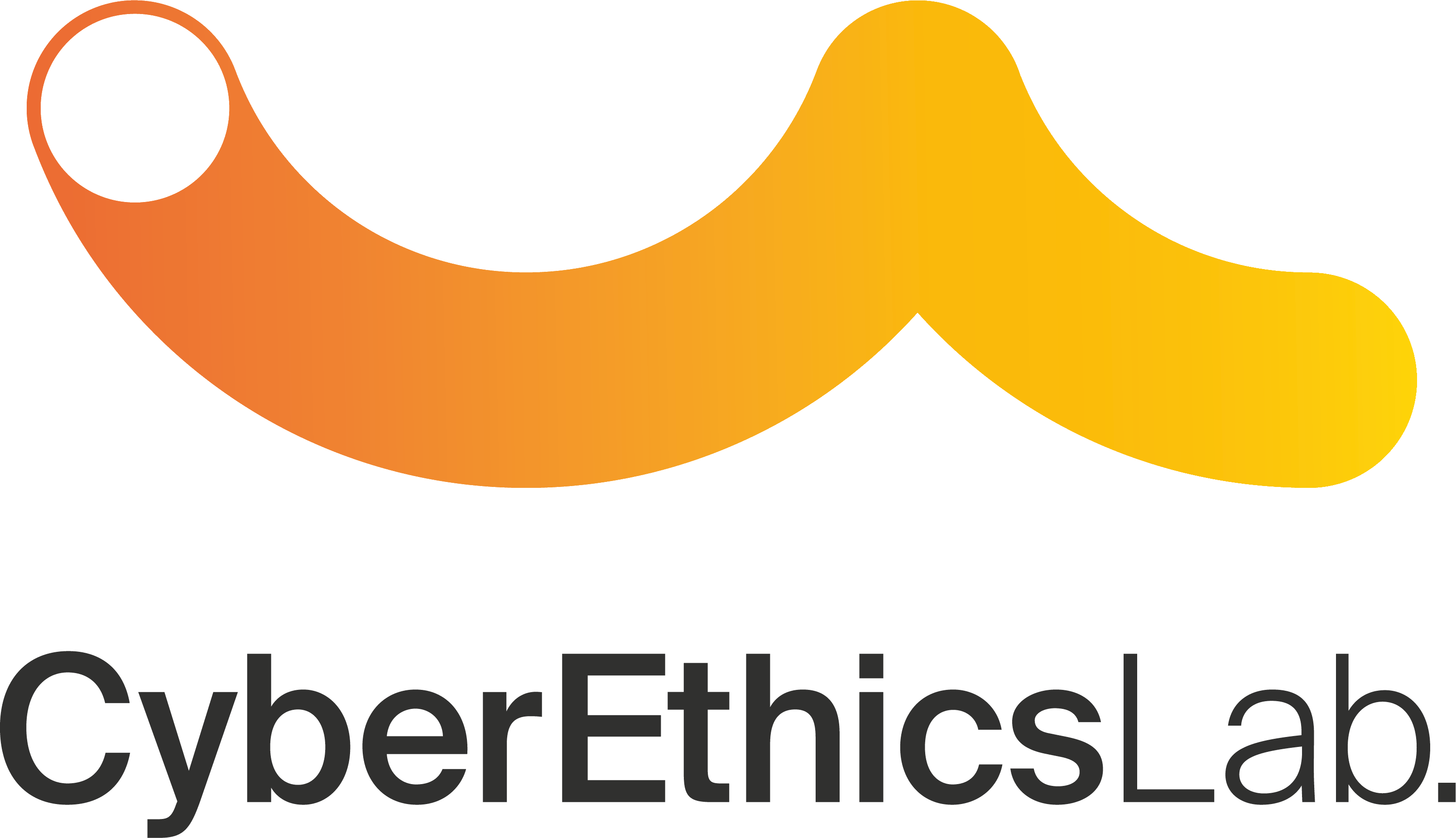Partner Interviews
CyberEthicsLab.

In our opinion, technology is never value-neutral. The design and implementation of any technology embed explicit and implicit values. Nevertheless, the current technology development approach has been prominently technology-driven and business oriented, with no attention attributed, so far, to understanding or managing the relationship between technology and society. 6G4Society can contribute to change this tendency, creating both awareness on the importance of understanding which values are particularly important for 6G relationship with society and suggesting policies to create the conditions for an effective alignment of 6G with societal values. Moreover, engaging stakeholders with different levels of awareness of the technology, the project will contribute to the raise of knowledge of EU citizens on such a critical issue as the implementation of the new telecommunication infrastructure. Finally, through Key Sustainable Indicators (KSIs) and Key Values Indicators (KVIs) the alignment can be measured on a practical level, avoiding the risk of having abstract policies that do not have clear indications on how to be implemented.
What is your organisation’s role in the project? What unique contribution does it bring to the team?
In 6G4 Society, we apply methodologies from ethics, legal and social science and humanities (SSH), building the best design strategies to boost ethically-driven technology development. We use the Social Acceptance of Technology (SAT) model developed by CyberEthicsLab. to support the effort of preventively assessing and forecasting the social acceptance of innovative and disruptive technologies, appraising and determining the co-implications of technology and socio-cultural contexts. Specifically, it aims at measuring stakeholders’ perceptions of technologies and, consequently, their propensity to adopt them. Through this model we analyse not only the direct effects that 6G can produce on society, but also what 6G can enable in society, including unintended consequences and implications (positive or negative) on society and human-related aspects. In this way we contribute to the project objective of creating knowledge and providing advice on social and ethical thematic aspects relevant to 6G development. Moreover, through the definition of Key Values Indicators (KVIs) we provide measurable parameters to assess the effective alignment of 6G with societal values.
How do you think 6G4Society will contribute to European society?
6G4Society plays a pivotal role in reconciling the dual objectives of advancing 6G technology while embedding societal and sustainable values into its development. By engaging stakeholders across the Smart Networks and Services (SNS) ecosystem, as well as civil society, regulators, policymakers, media, and the public, the project aims to foster informed discussions about the anticipated impacts of 6G technology.
Utilising methodologies from ethics, legal studies, and social sciences, 6G4Society seeks to understand the socio-cultural aspects surrounding 6G and establish a foundation for responsible research and innovation. Through this, the project endeavours to shape a sustainable and socially accepted 6G landscape that prioritises both people and the planet.


